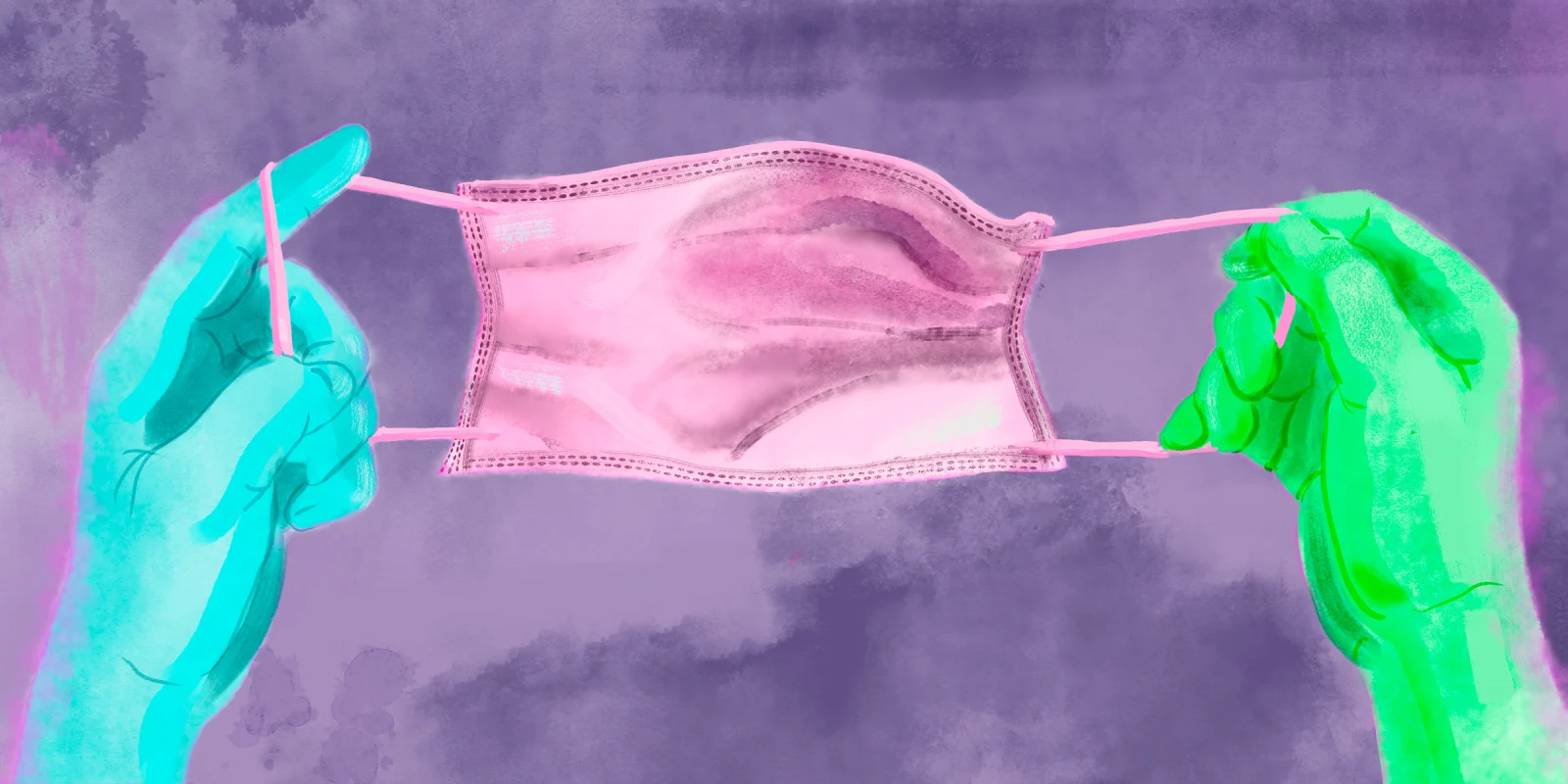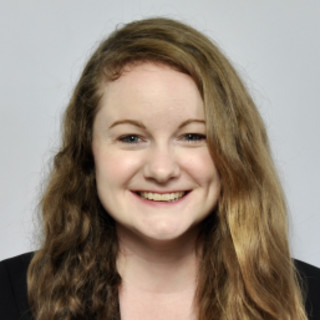At the end of my eight-week surgery rotation, I realized I had never seen an appendectomy. As a soon-to-be pediatrician, it seemed like I had missed an opportunity to see a surgery that is so common among the patients who would be in my care. Ironically, just a few weeks later and nearing graduation, I found myself in the ED, diagnosed with my own case of appendicitis. Over the course of the next several weeks, I was in and out of the ED with post-operative complications. While the experience didn’t help me prepare for the surgery shelf exam, it gave me a good lesson in humanity, just weeks before becoming a doctor.
After an urgent care physician suggested I head to an ED to rule out appendicitis, I walked the few blocks to the ED associated with my medical school. It made the most sense to seek care at the ED I had trained in, since it was the closest to home and I thought I would appreciate the familiarity. In the three nights I spent in that ED over the next several weeks, I had ample time to both catch up on articles I had bookmarked over the last year and to reflect on the patient perspective.
Just a few months earlier, I was completing my required EM sub-internship, treating patients in the very beds I would end up being shuttled between during my stay. At the time, what struck me was hearing so many patients call out to me while I walked past their beds, asking questions about their care or making requests. To be honest, I often didn’t fully listen to what they were asking. As an overwhelmed fourth-year medical student with minimal EM experience, I would respond, as politely as I could, that they would need to check in with the nurses and other clinicians taking care of them. I only had the bandwidth to think about the patients on my own list.
Now, I was the patient with appendicitis, a bread and butter EM diagnosis. It was determined that surgery was the best course of action but that it could wait until the next day, leaving me to be hooked up to IV antibiotics and fluids while trying to get a few moments of sleep in a loud NYC ER. As an nondisabled person, it was my first taste of limited mobility. I was keenly aware of how dependent I was on others.
Never was this truer than when I dropped my cell phone in the PACU. I had waited hours after my surgery for a security officer to bring me my belongings and was excitedly texting friends and family members with updates when my phone fell out of my hands and slipped through the cracks of the hospital stretcher. I paused for a moment, realizing how much pain I was in and how many wires I was connected to. There was no way I could reach down two feet to grab my precious lifeline to the outside world. I would call out to people who passed by my curtain to see if they could help, each time feeling guilty because I didn’t recognize them as my nurse or surgeons. I knew it was a small favor I had to ask for – step inside my curtain, bend down, pick up my precious piece of metal, and hand it to me – but I couldn’t shake the fact that I would be further burdening a busy clinician. In a health care system that requires health care workers to take care of too many patients at once, I had now been both the person who didn’t have time to do tasks for an ED patient that I wasn’t caring for, and the patient in those same hallways pleading with anyone in scrubs who walked by for some assistance.
Throughout my hospital stays, I found myself giving a hearty “thank you” to everyone who provided me any bit of assistance. While I couldn’t see their facial expressions behind their masks, I hope I was able to bring some smiles to their faces. As I start residency, it’s not part of my formal job description to tend to all the needs of my patients, and certainly not all the patients I walk past. As a human, though, I have the option to help out whenever I can. At the end of the day, we must remember that both patients and clinicians are humans, just trying their best.
What did becoming a patient teach you? Share your lessons in the comments.
Sarah MacLean grew up in the suburbs of New York City before attending The University of North Carolina at Chapel Hill. She is currently a fourth-year medical student at the Icahn School of Medicine at Mount Sinai and applying into pediatrics. She is particularly interested in a career that integrates primary care medicine with research and advocacy. She is a 2020–2021 Doximity Op-Med Fellow.
Illustration by Jennifer Bogartz







